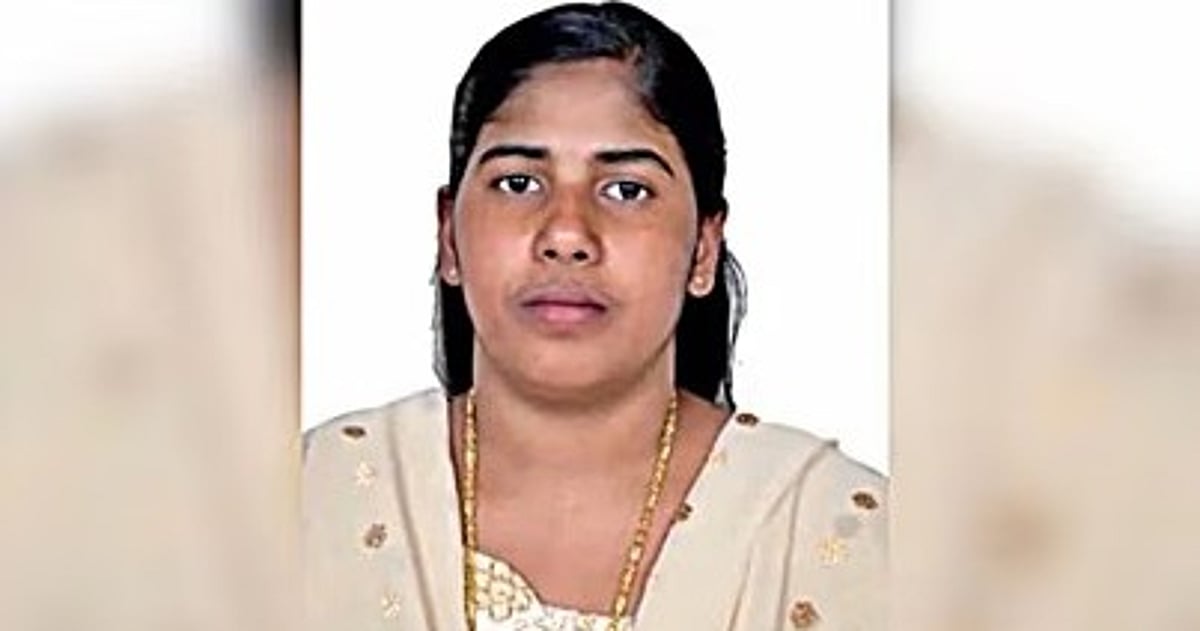 |
|
The case of Nimisha Priya, an Indian nurse facing execution in Yemen for murder, has taken a new turn with the Centre advising her family to directly engage with the victim's family to seek a pardon. Attorney General (AG) R Venkataramani conveyed this recommendation to the Supreme Court, emphasizing that the involvement of other organizations might not be as fruitful. This approach underscores the sensitivity and complexity of the situation, highlighting the importance of a direct and personal appeal for clemency. The AG also informed the court that Priya's execution has been stayed, offering a glimmer of hope amidst the dire circumstances. He assured the court that the government is actively working to ensure her safe return, although he refrained from divulging specific details to avoid any counterproductive outcomes. The situation presents a multifaceted challenge, involving legal, diplomatic, and humanitarian considerations, all intertwined within the framework of international law and the cultural nuances of Yemen. Nimisha Priya's case has garnered significant attention in India, raising questions about the rights of Indian citizens abroad, the complexities of international legal systems, and the role of the government in providing assistance to those facing legal jeopardy in foreign lands. The potential execution of an Indian citizen in a foreign country always evokes strong emotions, prompting calls for intervention and highlighting the need for robust consular services. The government's cautious approach, as indicated by the AG's reluctance to share details, reflects the delicate nature of the negotiations and the need to navigate the legal and cultural landscape of Yemen with utmost care. The situation demands a comprehensive understanding of the Yemeni legal system, the cultural norms surrounding forgiveness and reconciliation, and the potential for diplomatic engagement to influence the outcome. The involvement of the Supreme Court underscores the gravity of the situation and the importance of ensuring that all legal avenues are explored to protect the rights of the accused. The court's scrutiny of the case ensures that the government's actions are consistent with legal principles and that the interests of the accused are adequately represented. The focus on direct engagement with the victim's family reflects a belief that personal appeals for forgiveness can be more effective than formal legal interventions. This approach acknowledges the power of human connection and the potential for empathy to overcome legal obstacles. However, it also raises questions about the fairness and equity of relying on personal appeals in a legal system where justice is supposed to be blind. The success of this strategy will depend on the willingness of the victim's family to consider forgiveness and the ability of Nimisha Priya's family to effectively communicate their remorse and seek clemency. The case also highlights the challenges faced by Indian nationals working abroad, particularly in countries with different legal systems and cultural norms. Many Indians seek employment in foreign countries to improve their economic prospects, but they may not be fully aware of the legal and cultural risks involved. The government has a responsibility to provide adequate information and support to Indian citizens working abroad, ensuring that they are aware of their rights and responsibilities and that they have access to legal assistance if needed. Nimisha Priya's case serves as a reminder of the complexities and challenges of navigating international legal systems and the importance of seeking legal advice and representation in foreign countries. The case also raises questions about the role of the media in shaping public opinion and influencing the outcome of legal proceedings. Media coverage of Nimisha Priya's case has been extensive, raising awareness of her plight and generating public sympathy. However, it is important for the media to report the facts accurately and objectively, avoiding sensationalism or bias that could prejudice the legal proceedings. The media also has a responsibility to protect the privacy of the individuals involved in the case and to avoid disclosing information that could jeopardize their safety or well-being. The government's efforts to secure Nimisha Priya's safe return reflect a commitment to protecting the rights of Indian citizens abroad and providing them with the assistance they need to navigate foreign legal systems. However, the government's actions must be consistent with international law and respectful of the sovereignty of other nations. The case of Nimisha Priya is a complex and challenging one, with no easy solutions. However, by working collaboratively and with a commitment to justice and compassion, it may be possible to achieve a resolution that is fair to all parties involved. The legal and diplomatic strategies employed by the Indian government will undoubtedly be closely scrutinized, both domestically and internationally, setting a precedent for future cases involving Indian citizens facing legal challenges abroad. The focus on family-to-family dialogue represents a novel approach, highlighting the potential for personal diplomacy to complement traditional legal avenues. This case serves as a potent reminder of the interconnectedness of global legal systems and the human element at the heart of every legal battle.
Source: Nimisha's family should talk to victim’s kin for pardon, Centre tells SC
